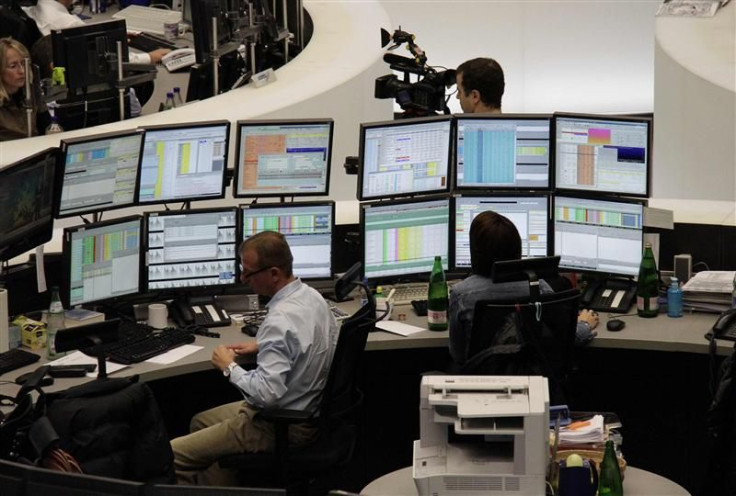Global Markets Are On Edge

Tom Sowanick is Co-President and Chief Investment Officer at Omnivest Group in Princeton, N.J.
Investors appear even more risk-averse in recent weeks, preferring to sell risk assets into rallies rather than add upon weakness. This behavioral pattern is understandable given the growing geopolitical uncertainties surrounding Europe and ongoing political gridlock in the U.S.
While it is true that Europe was able to hammer out an accord, investors want to see the European Central Bank (ECB) and the International Monetary Fund (IMF) and perhaps even the U.S. Federal Reserve become more active in stabilizing European debt markets. The notable absence of a "bazooka-like" solution from the ECB has precluded investors from adopting a more sanguine view for the year ahead.
This lack of action by central banks has clearly contributed to the pervasive negative mood felt by most investors.
In the meantime, there has been a clear improvement in economic data and evidence that credit spreads have started to narrow. For example, high yield spreads in the U.S. have now narrowed by 16 basis points (bps) since the start of the month, with investment grade spreads now narrower by 6 bps. This improvement in credit spreads may be a precursor to a better tone for equities.
The four-week moving average for Initial Unemployment Claims has fallen to 387,000 (its lowest reading since August 2008). The Purchasing Manager's Indexes (PMI's) for Europe and regional PMI readings in the U.S. have recently come in a tad better than expected. The Philadelphia Fed Index came in at 10.3 vs. an expected increase of 5 and the NY Empire Manufacturing report came in at 9.53 vs. an expected increase of 3.00.
Even the most recent Federal Open Market Committee (FOMC) statement stated that there was improvement in the labor market. Another bellwether for economic expectations came from Thursday morning's FedEx Corp. (NYSE: FDX) earnings announcement which beat expectations.
FedEx went on to say that they expect U.S. GDP growth in 2012 to come in at 2.2 percent and 2.9 percent for global growth.
In addition, JP Morgan Chase & Co. (NYSE: JPM) has announced that they plan on tapping the corporate bond market by issuing 30-year debt. The announcement strongly suggests that investors are gaining sufficient confidence to be willing to lend 30-year money to financial institutions.
Over the near term, investors should focus on the direction of the euro. A declining euro would clearly indicate the lack of further central bank participation in the debt crisis. Longer term, we continue to believe that investors will be best served by focusing on lower quality corporate and municipal credits.
Also, long term investors should find a more stable economic environment and positive demographics by investing in emerging equity markets, where valuations have improved considerably this year. We also believe that thematic investing in emerging markets generally is preferred over individual country selection.
While the uncertainty remains an obstacle for putting on risk, we recognize that uncertainty continues to offer longer term investors an opportunity to leg into risk assets at reasonable valuations.
© Copyright IBTimes 2024. All rights reserved.





















